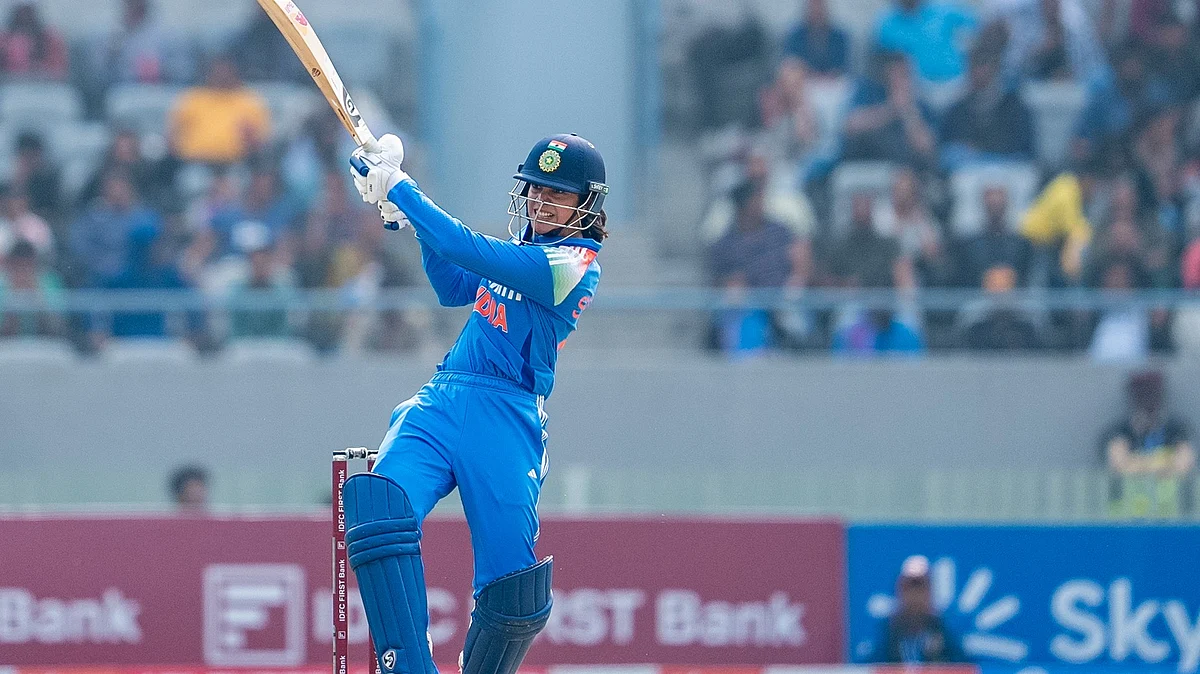Dr. Klaus M Beier is a full professor at the Charité, the University Hospital of Berlin, which is the biggest University Clinic of Europe. As the director of the Institute of Sexology and Sexual Medicine he is in charge of the Outpatient Clinic of the Institute which offers assessment and treatment for the full range of sexual disorders and gender dysphoria. In 2005 he initiated the “Prevention Project Dunkelfeld” (at the beginning funded by the VolkswagenStiftung and since 2008 also state aided by governmental funds) which works on strategies to prevent child sexual abuse and the use of child abuse images. Meanwhile it has extended to 10 additional locations all over Germany.
Society has reacted to paedophiles with disgust. What is your view?
Most societies have treated paedophilia as a crime. Yes, it is offensive. But our research shows that the most severe cases of paedophilia are that they have a mental makeup which they cannot do anything about. It is an ailment with no cure.
Does that mean their inclinations are hardwired into a person’s brain?
True. We distinguish sexual offences against children into two groups. The first group includes those who show no sexual preference disorder. They sexually abuse children for different reasons. They could be sexually inexperienced adolescents seeking a surrogate. Or they could be those with antisocial personality disorders or from traumatising family constellations. This group accounts for approximately 60 per cent of officially known offenders and rest of the offenders fall in the second group. The second group includes those showing a sexual preference disorder namely paedophilia. This is an erotic preference for pre-pubescent children. Or it could be hebephilia which refers to an erotic preference for early pre-pubescent children.
The official statistics account for only a fraction of all child sexual abuse (CSA) and the use of child abuse images referred to as child pornography offences (CPO). In Germany, these unreported cases are referred to as Dunkelfeld (dark field).
How successful has the Dunkelfeld project been?
The ongoing Prevention Project Dunkelfeld (PPD) was officially launched in 2005 in Berlin. The evaluation of PPD was done in a non-randomised waiting list-control design with multiple assessments. It revealed that the primary approach reduces risk factors for child abuse; prevents sexual offences against minors and reduces the number of contact offences; and reduces the frequency and severity of child pornography offences.
Does it mean that the German government has decriminalised paedophilia?
It has put all cases of self confessed inclinations towards paedophilia under the Dunkelfeld umbrella, where they are protected as long as they do not commit an offence. Under this project, potential offenders are taken up for treatment covered by the pledge of confidentiality..In November 2016, the German Parliament voted for a legislation to finance specialized treatment services for self-referred pedophilically inclined individuals through the health insurance system. They can use this service anonymously. The law is in force since January 1st 2017. It is a breakthrough, worldwide.
But you mentioned that they cannot be cured. . .
True. We offer a course with medication that prevents them from actually offending children. Overt manifestation of the inclination is suppressed, though the instinct to be aroused by children’s images cannot be eradicated. We encourage people to come in voluntarily to register with us, which is 20 per cent of the patients. We then asses the seriousness of their infliction by flashing images before them even while they are monitored under an MRI. The way the brain cells react to such images gives us a clear idea of the severity of their arousal and affliction. We work on behavioural control, preventing potential offenders to become offenders.
How big is this programme?
The Prevention Network ‘Kein Täter Werden’ (Meaning: Don’t offend) offers a free and confidential treatment option at all of its sites for people seeking therapeutic help with their sexual preference for children and/or early adolescents. The project began in Berlin in 2005 and now encompasses several sites all over Germany. In 2014, we began working on juveniles as well. In India, we have begun working with KEM Hospital in Pune, and want to bring this knowledge and awareness to India as well. This is because in India an estimated 97 per cent of paedophilia goes undetected – not even recognised by the police. It is estimated that almost 20 per cent Indian children are affected.









